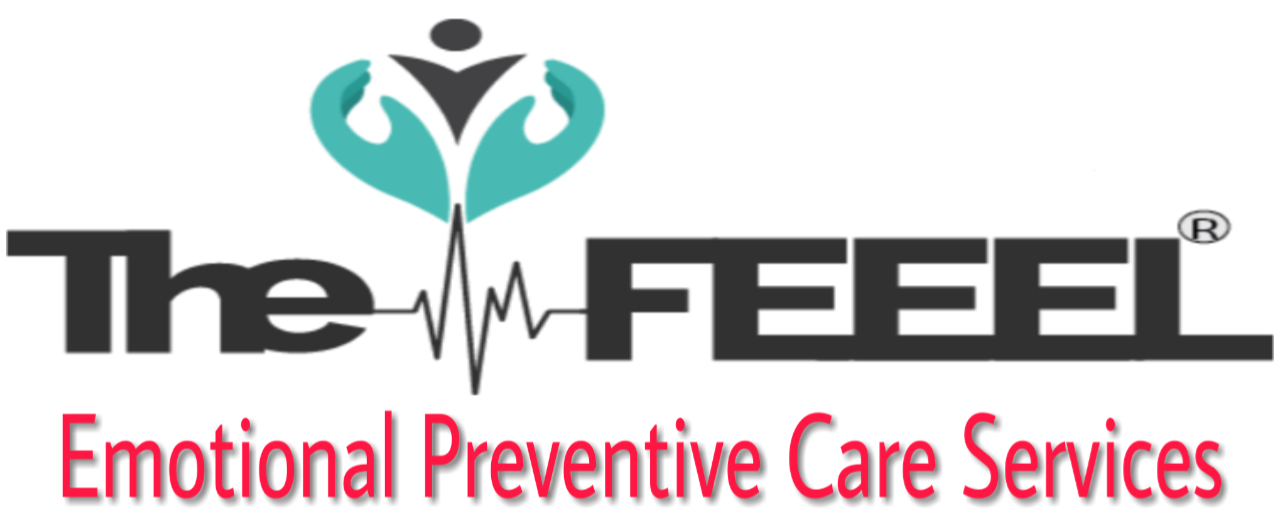Have you Marked Your Self Safe for Depression for 2020? By Dr Faryal Razzaq
According to world health organization (WHO), depression will be the second biggest problem for world health by 2020 and the biggest health issue by 2030 . The National Human Development Report by UNDP has termed the ratio of youth in Pakistan as the largest in the world. This window of opportunity comes rarely in nation’s history, with this youth potential it could make or break a nation. Untamed, ill planned youth energy could be a ticking time bomb, if we fail to address their developmental issues and don’t channel their energies for positive growth we may not get another chance to rectify our shortsightedness. So how can we improve the emotional hygiene of youth is by working on Wellbeing and Health (Sustainable Development Goals SGD 3) of people through Quality Education (SGD 4).
The problem of investing in the emotional wellbeing effects billions of people in this era of unprecedented change and economic crisis for many, especially youth of Pakistan Unfortunately mental/emotional health has not yet been realized as an area of emergency relief service. Little work is being done on scientific grounds to train youth to be emotionally resilient. The management of disruptive negative emotions would reduce the escalation of emotional states that leads to mental disorders reducing cost of medical interventions and even can reduce cost incurred on crime fighting and curtail extremism. Governments can be made to realize the potential for investment for producing law abiding citizens. Similarly other important issues that arise from emotional mismanagement and childhood traumas that leads to unethical practices and youth/women empowerment issues can be addressed through emotional training. The limiting shortfalls that comes from lack of life skills needs to be addressed
Until we had antibiotics we did not know how important these for combatting illnesses were. Similarly people are unaware that they can train their mind to manage emotions. Approximately 1 in 10 people are facing some form of mental illness in Pakistan but do not know where to seek help or when to seek help. Many culture impose the limiting belief that emotions are a taboo to discuss and as a consequence people suffer in silence that manifests in the form of huge after effects for economies in terms of criminal, violent, unproductive behaviors.
We at The FEEEL provide anonymous digital solutions based on cutting research by expert in the field. It is a revolution we encourage you to join hands to break taboo around seeking help and talking about emotional issues.
